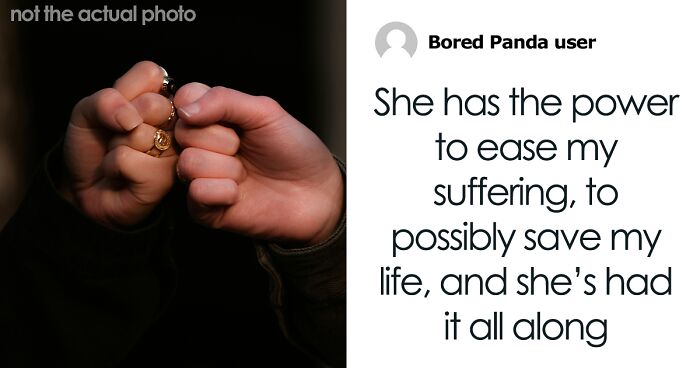
Hey Pandas, Am I Wrong For Wanting Financial Help From My Wealthy Best Friend?
Moderator’s note:
If you find yourself disagreeing with this person’s actions, we encourage you not to downvote the post. Instead, kindly express your opinions in the comments. We recommend maintaining politeness and articulating your thoughts with well-constructed arguments.
I’ve been disabled for over three years, spent all my savings on treatments, been denied disability benefits, and am utterly terrified of becoming homeless soon.
My best friend of 24 years has been amazing at holding my hand and listening. But even though she’s a multi-millionaire, she hasn’t helped me financially.
How do I ask her for financial help without coming across as entitled?
I (F56) have been best friends with “Ana” (F62) for 24 years. I’ve known her husband even longer, and he’s wonderful. She’s an amazing person, and I’ve always been proud that someone so awesome considers us BFFs (“Best Friends Forever”). But right now, our life situations couldn’t be more different.
I have bipolar disorder (diagnosed early in our friendship—she’s always known)
Image credits: Laurynas Me (not the actual photo)
Three years ago, my antidepressants stopped working. This sometimes happens as the body becomes accustomed to them. And here we are, three years later, and I still haven’t found a new treatment that works. I’ve tried every antidepressant you can think of. I tried TMS (Transcranial Magnetic Stimulation) and ketamine infusions. I even tried ECT (Electroconvulsive Therapy, or “electroshock”). I’ve been hospitalized twice and still think about suicide every day because I’m drowning in depression and anxiety.
On top of that, I used my savings to cover living expenses and to pay for the TMS and ketamine treatments out of pocket. I applied for Social Security Disability and was denied, so I filed an appeal. When I told Ana I’d figured out how to manage my living expenses during the appeal, she seemed relieved. She then shared that she and her husband had discussed offering me a loan but didn’t want to encourage an “unhealthy dependence.” I understood their perspective and accepted it.
Well, that was a year and a half ago, and I’m still waiting for a decision on my disability appeal. First appeals are denied 90% of the time, so I’ll probably have to file a second appeal, which will take at least another year.
I have enough money left to cover my rent for three more months
Image credits: Alexander Mils (not the actual photo)
(I’m currently trying to get a loan from a different friend—not Ana—because I’ve been respecting her “unhealthy dependence” boundary.) But I’m haunted by overwhelming anxiety that I’ll end up homeless. Even though I clearly meet the government’s definition of “disabled,” they could still deny all my appeals. It happens to people. And even if I qualify, disability benefits in the U.S. are barely enough to cover rent. I’m meditating and trying to accept what’s beyond my control, but I’ll admit, I’m terrified. I think about homelessness, and I just feel desperate. I don’t think I could handle it, not when I’m already in so much pain.
As for Ana, her life is going great! But that’s not what upsets me. There have been times in our 24-year friendship when I was doing well, and she was struggling. Over the course of a long friendship, things change and fluctuate. We’ve always been a team, and I’m genuinely happy for her when she’s thriving. She recently retired and is embracing a life full of hobbies, socializing, travel, and quality time with her husband. A few years ago, Ana and her husband also inherited a significant sum, and they’re now millionaires several times over.
Even with the huge differences in our lives, Ana and I still have brunch once a week
Image credits: Taylor Smith (not the actual photo)
Since I stopped working, she always treats, and I always express my gratitude (of course!). Sometimes, she takes me to a movie. Occasionally, she and her husband invite me to the theater. They’re lovely, generous people, and I feel valued, loved, and accepted by them. Ana and I text each other long, thoughtful messages throughout the day.
Here’s where I finally get to the point and risk sounding entitled: How do I ask them to help me financially? I don’t mean moving in with them or expecting them to pay my rent for life. I understand that people have different perspectives on money. Ana grew up with financial insecurity, and I think it’s a sensitive topic for her. No one helped her financially, and even though she’s wealthy now, she still worries about spending extra money. (It would be easy to blame her husband. He grew up wealthy and may have a different outlook, but he’s also very kind and generous. I’m not sure if the “unhealthy dependence” idea came from him.)
In my family’s culture, we shared what we had. Part of the joy of having money was being able to help others. My parents were good, old-fashioned Christians—the kind who truly tried to live like Jesus and would have given the shirts off their backs. Those values stayed with me.
If the roles were reversed, I would be brainstorming ways to help Ana. Should I buy her a condo, RV, trailer, or mobile home? I’d be reassuring her that she would NEVER be homeless on my watch. And I would have done this two years ago! I would never let my best friend suffer this kind of anxiety if I had the power to help.
She knows how bad things are. We’re honest about what I’m going through
Image credits: Kinga Howard (not the actual photo)
She knows my financial situation, and she knows I’m specifically terrified of homelessness. That’s what I don’t understand: how can someone who loves you so much not offer help?
Maybe I am being entitled. After writing all this out, I’m angry. She has the power to ease my suffering, to possibly save my life, and she’s had it all along. I initially wanted advice on how to ask for financial help, but now I feel like asking her, “How can you watch me suffer and not help me? What kind of love is that?”
I don’t want to hurt or lose Ana. But I don’t think I can keep pretending I’m not this angry. And if things keep going downhill, I’ll lose her anyway, right? I doubt she’ll be picking me up from a homeless shelter for brunch. So, I might as well speak my mind now.
Thanks for listening. Please respond kindly.
Expert’s Advice
It’s completely understandable to feel a mix of anger, sadness, and fear as you face such significant challenges alone, and it’s natural to wonder why someone close to you who could help hasn’t done so in the way you might if the situation were reversed. These feelings are valid, and it’s okay to acknowledge them.
Here are some things to consider as you navigate this situation:
1. Examine Your Core Needs and Prioritize Self-Compassion
Your immediate needs—stability, security, and relief from the anxiety of potential homelessness—are very real. It’s crucial to address these needs in ways that protect your self-respect and emotional well-being, regardless of whether Ana is involved financially. Practicing self-compassion here means acknowledging the incredible efforts you’ve already put forth, giving yourself credit for the resilience you’ve shown, and understanding that asking for help is both a vulnerable and courageous step.
2. Define the Help You Need (and What Feels Right to Ask)
Get specific with yourself about what kind of help would make a real difference without jeopardizing your friendship or your values. For instance, instead of a long-term financial commitment, would it feel more comfortable to ask Ana for a one-time gift or loan to cover living expenses temporarily? Having a clear, well-defined ask that feels respectful of both your needs and her boundaries might help you approach this more comfortably.
3. Reflect on the Meaning and Boundaries of Your Friendship
Friendships can be deeply supportive, yet people vary in their comfort with providing financial assistance—even if they can afford it. Ana may feel that financial support could create an imbalance in your relationship that worries her, even if you see things differently. Understanding her past with money might provide context, but it doesn’t necessarily make the situation easier to accept. However, remember that relationships can stay strong even when financial support isn’t part of the dynamic.
4. Frame the Conversation with Vulnerability and Clarity
If you choose to speak with Ana, consider expressing your feelings honestly yet gently, emphasizing your gratitude for her emotional support and recognizing that her situation doesn’t obligate her to help. You might say something like, “I value our friendship so much and deeply appreciate all the ways you’ve supported me emotionally. I’m in a situation where I am afraid of what’s to come, and I feel vulnerable admitting that I’m struggling. I’d like to ask if there’s a way you feel comfortable supporting me financially, but I understand if that’s not possible.”
This allows her the chance to process her own thoughts and boundaries without feeling pressured, while also helping you feel heard.
5. Consider Alternative Avenues for Support
Financial support often feels most meaningful when it comes from people closest to us, but in the face of Ana’s hesitation, expanding your network for support could relieve some pressure on this single relationship. Are there other friends, community resources, or local assistance programs that might help bridge the gap? Many people in situations like yours find some relief through local mental health organizations, nonprofits, or social services that offer assistance to those in transition.
6. Navigate Your Feelings of Anger Constructively
It’s natural to feel hurt and angry, particularly when you’re facing such uncertainty alone. These feelings may, however, obscure the gratitude you feel for the ways she has been there for you. Processing these emotions in a safe space, whether with a therapist, a support group, or in journaling, can help you work through the frustration constructively so it doesn’t unintentionally damage the relationship with Ana.
7. Empower Yourself by Building Resilience
You’ve faced immense challenges already and shown incredible strength. Continue focusing on self-care practices and coping skills that reduce anxiety and help you focus on what is within your control. By doing so, you’ll not only help alleviate the intense anxiety you’re feeling now, but you’ll also empower yourself to handle the uncertainty of the disability appeal process.
Remember: There’s No “Entitlement” in Seeking Help
Needing help doesn’t make you entitled; it makes you human. You’re not selfish for feeling hurt, nor are you asking too much by seeking assistance during a tough time. Recognizing the value of your friendship with Ana, along with finding other sources of support, might allow you to move forward in a way that respects both your needs and the boundaries of your friendship.
Moderator’s note
Please note that the images included in this article are for illustrative purposes only and do not represent the actual individuals or items discussed in the story.
If you have a comparable experience or story you’d like to tell, we welcome your submissions. Click here to share your story with Bored Panda.
Poll Question
Thanks! Check out the results:
52Kviews
Share on FacebookAs a woman who also suffers with Bipolar, I'm sorry to say you're the AH. Ana has absolutely no obligation to help you financially, and tbh, it sounds like she's already doing a lot. I'm sorry you're in such a s**t situation, but resenting your friend for her success won't change anything besides destroying what already sounds like a great, supportive friendship.
Yes, and a supportive friendship is worth more than money.
Load More Replies...Your friend doesn't owe you anything, no matter how rich she is. You're ANGRY that she knows you're struggling but hasn't offered money? Wow. I could understand being sad, frustrated, unhappy, etc. but ANGRY? That instantly makes you an a-hole. Parse it: you're pissed off that your rich friend isn't giving you a handout. She doesn't OWE you a handout, no matter whether or not you're "BFFs". I've got medical and financial issues, in addition to mental health issues (I've attempted suicide multiple times) and I've struggled with addiction, but I would die of shame before I GOT ANGRY at a FRIEND for not giving me money. You ARE entitled. A lot of people are struggling just as bad as you, if not worse, and they don't get ANGRY at a good friend for not giving them a handout. "How can someone who loves you so much not offer help?" She loves you and that's why she ISN'T just handing you money. She knows it won't end - you're not going to be able to get a job with your health issues.
Easy. You reach out to her and ask for her help finding a job you can do within your limitations. Remotely or flex-time etc. Ask her to help you help yourself. Then, if she sees the situation in all it's details and wants to offer money to help you temporarily then that's her comfort level. If not, then you at least have someone on your team helping you find solutions/resources in the meantime.
As a woman who also suffers with Bipolar, I'm sorry to say you're the AH. Ana has absolutely no obligation to help you financially, and tbh, it sounds like she's already doing a lot. I'm sorry you're in such a s**t situation, but resenting your friend for her success won't change anything besides destroying what already sounds like a great, supportive friendship.
Yes, and a supportive friendship is worth more than money.
Load More Replies...Your friend doesn't owe you anything, no matter how rich she is. You're ANGRY that she knows you're struggling but hasn't offered money? Wow. I could understand being sad, frustrated, unhappy, etc. but ANGRY? That instantly makes you an a-hole. Parse it: you're pissed off that your rich friend isn't giving you a handout. She doesn't OWE you a handout, no matter whether or not you're "BFFs". I've got medical and financial issues, in addition to mental health issues (I've attempted suicide multiple times) and I've struggled with addiction, but I would die of shame before I GOT ANGRY at a FRIEND for not giving me money. You ARE entitled. A lot of people are struggling just as bad as you, if not worse, and they don't get ANGRY at a good friend for not giving them a handout. "How can someone who loves you so much not offer help?" She loves you and that's why she ISN'T just handing you money. She knows it won't end - you're not going to be able to get a job with your health issues.
Easy. You reach out to her and ask for her help finding a job you can do within your limitations. Remotely or flex-time etc. Ask her to help you help yourself. Then, if she sees the situation in all it's details and wants to offer money to help you temporarily then that's her comfort level. If not, then you at least have someone on your team helping you find solutions/resources in the meantime.

 Dark Mode
Dark Mode 

 No fees, cancel anytime
No fees, cancel anytime 









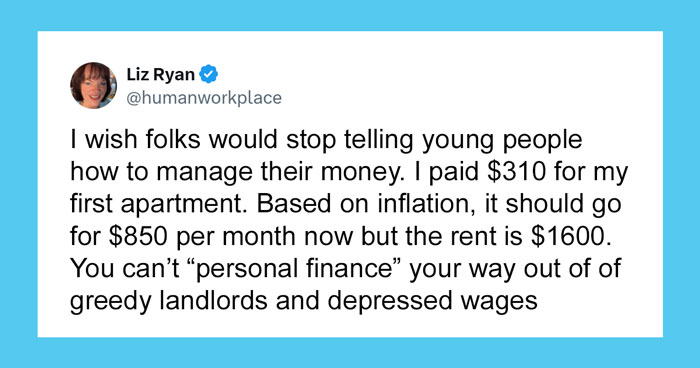
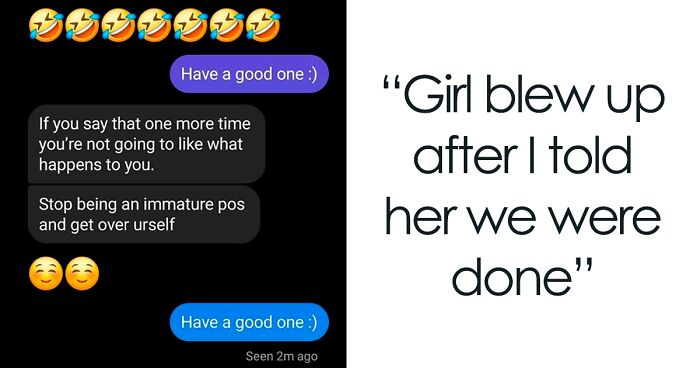


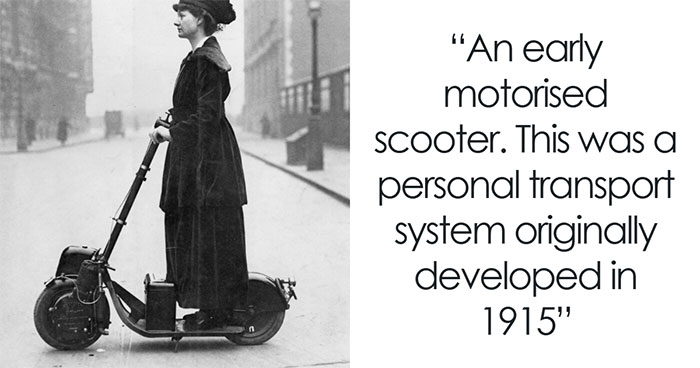
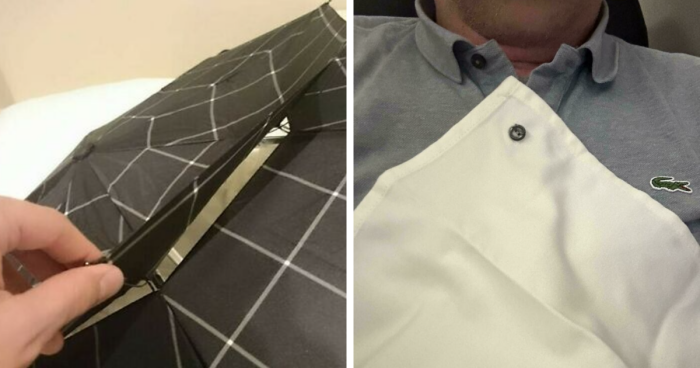
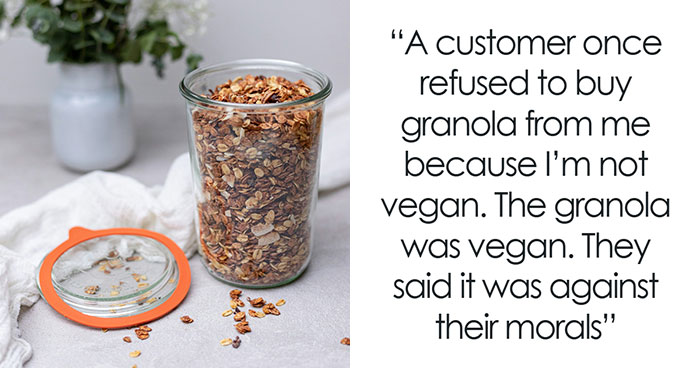

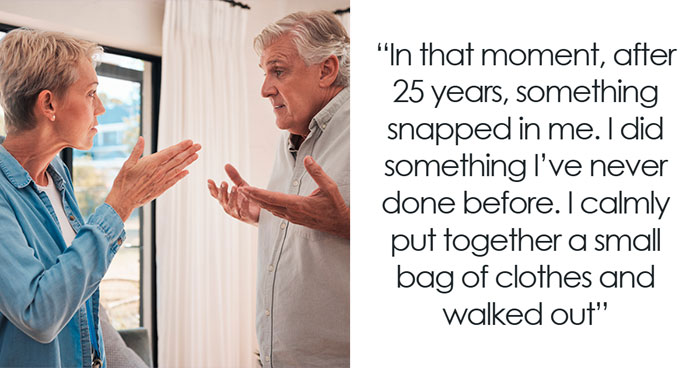
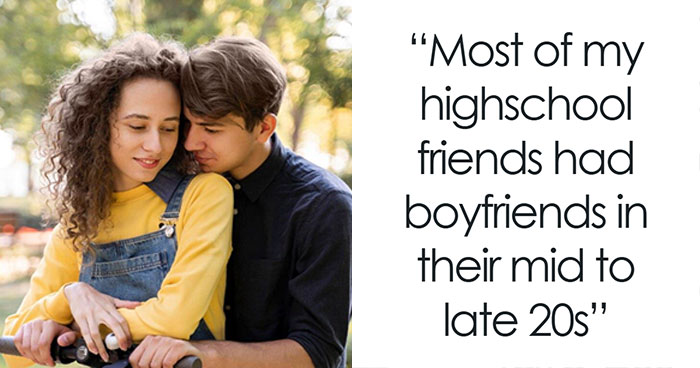

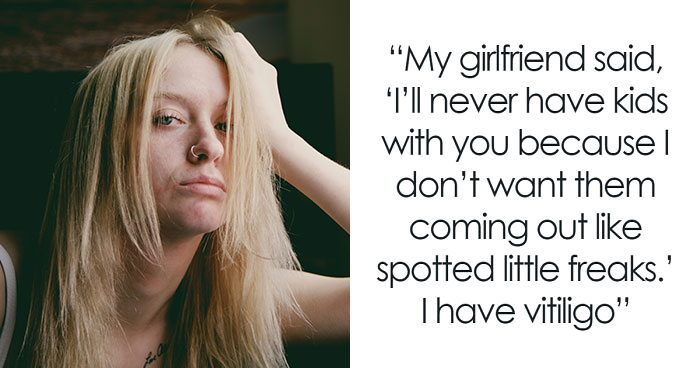




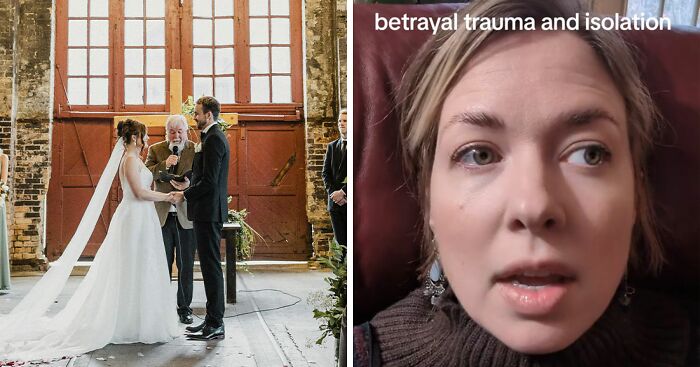


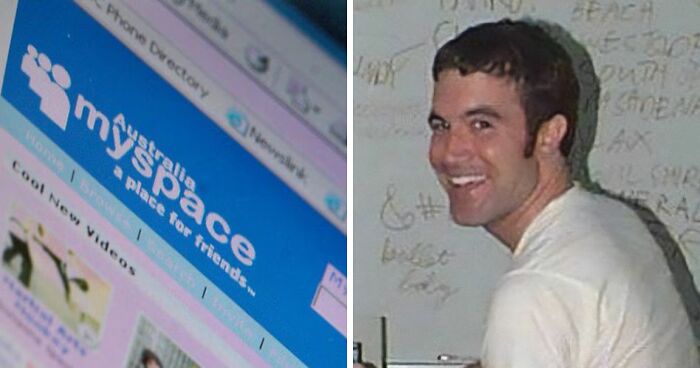
10
70